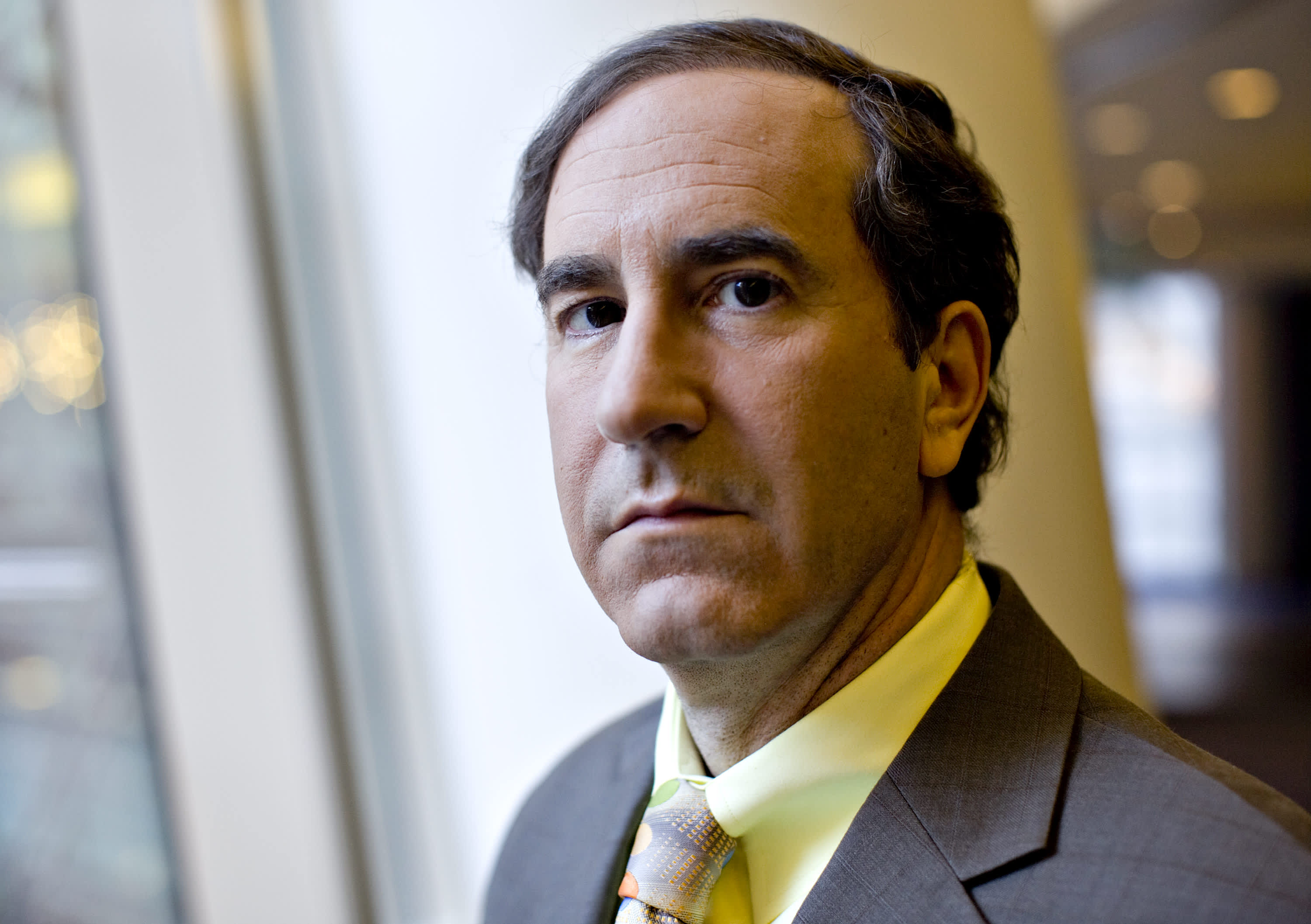Former SEC Chairman Harvey Pitt on Monday questioned the motivation of Harry Markopolos, the Bernie Madoff whistleblower who unveiled a long list of allegations against General Electric last week in an investigation for a short seller.
“One of the ways you can test Markopolos’ bonafides, however, is the fact that the SEC has a whistleblower provision. And if he had brought all of his data to the SEC first, he would reap potentially, up to 30% of the potential recovery that the SEC might obtain in connection with this case, ” Pitt told CNBC. “Instead what he did was go public, blast the company without giving the company a chance even to address his concerns. Those are factors that make this look suspicious.”
Jacob Frenkel, former senior counsel for the SEC Division of Enforcement, said Markopolos “stepped up the risk to himself, and to others, by going public as opposed to letting the SEC run its process.” Frenkel said that regulators are going to want to know the “intent behind issuing the information publicly” and whether Markopolos’ information is accurate.
Pitt and Frenkel, appearing together for a “Squawk Box” interview, spoke before GE issued a more detailed response to Markopolos’ allegations. “We operate with absolute integrity and stand behind our financial reporting,” wrote Steve Winoker, vice president of GE investor communications. He added that GE believes it has sufficient reserves for it’s long-term care insurance business and that it’s consolidated financial statement for its investment in Baker Hughes was proper.
In a 175-page report, which made headlines Thursday, Markopolos accused GE of issuing fraudulent financial statements to hide the extent of its accounting problems in a $38 billion fraud bigger than Enron. In a CNBC interview, Markopolos said GE is a bankruptcy waiting to happen. Best-known for pointing out irregularities with Madoff’s investment strategy years before the Ponzi scheme was exposed, Markopolos also disclosed that he conducted the research into GE at the behest of a hedge fund, which he refused to name. “I have a family to support,” he added.
“Until the SEC and the DOJ unravel the fundamental question of whether General Electric’s accounting was appropriate, I think Markopolos becomes, to some extent, a secondary issue,” said Pitt, acknowledging that GE is under investigation by the Justice Department and the Securities and Exchange Commission over its accounting practices.
Shares of GE were stable Monday, after they regained on Friday much of Thursday’s 11% declines. Late Thursday, the company revealed that CEO Larry Culp purchased nearly $2 million worth of shares. Culp, who became chairman and CEO of GE last year, called Markopolos’ accusations false and driven by market manipulation.
Leslie Seidman, a GE board director and audit committee chair, also pushed back on the Markopolos report, telling CNBC on Thursday that it “does not reflect the GE that I know.” She added that the report is “full of misleading, inaccurate and inflammatory statements,” and that she stands “behind the financial reporting of this company.”
Seidman said, “As part of our normal course of operations, we are going to be performing a current loss recognition test in the third quarter, which is a normal part of GAAP accounting. I think we do have our arms around the accounting. I think that the amount at which we state the reserves currently is fair and in accordance with GAAP,” which stands for Generally Accepted Accounting Principles.
“I think that there are some very impressive people on GE’s board. Its CEO and its board are relatively new. So we’re dealing with events that, in large measure, preceded their tenure,” Pitt said.
“Seidman, used to work for FASB [Financial Accounting Standards Board], which sets the accounting standards. These are not people who are ignorant of the critical facts, ” Pitt said, adding that any suggestion that “they somehow either were not smart enough to figure out these problems” or “refused to see the issues they knew about” would take a lot to prove.
On Thursday, billionaire investor Stanley Druckenmiller told CNBC that he added to his position in GE, which according to SEC filings already totaled 6.2 million shares. Druckenmiller said he believes in Culp’s turnaround plans. Meanwhile, Nick Heymann, co-group head of global industrial infrastructure at the William Blair, was among a number of analysts who on Friday defended GE following the Markopolos report.
CNBC’s before the bell news roundup
Get this delivered to your inbox, and more info about about our products and services.
By signing up for newsletters, you are agreeing to our Terms of Use and Privacy Policy.

